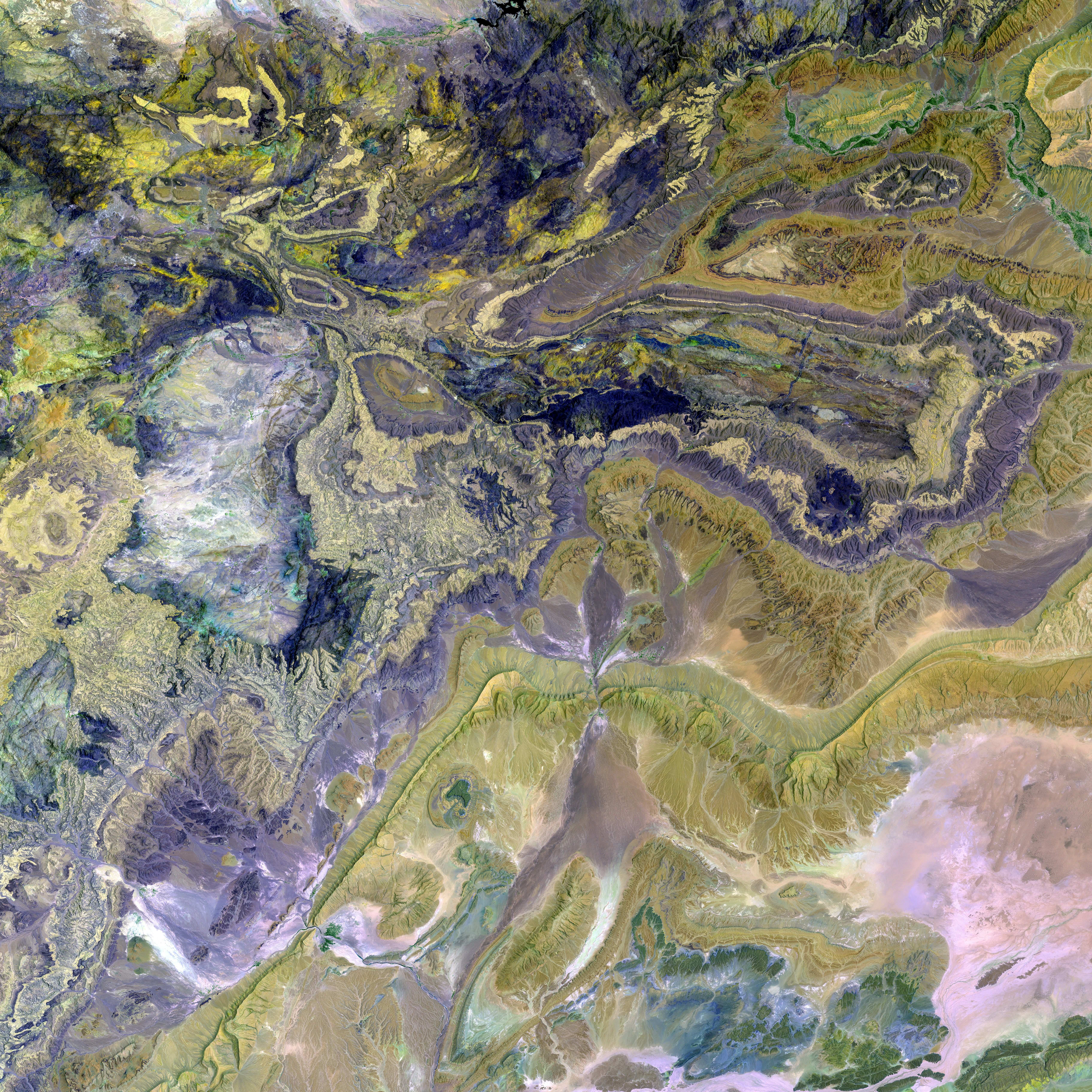Ontario's Mosquito Outlook for the Year Ahead: Predicted Mosquito Activity Levels
Hot Summer Nights and Buzzing Critters: A Guide to Ontario's Mosquito Season
By our pal, Kevin Jiang
As the mercury starts rising, and the warm summer breeze begins to tickle your skin, it's high time to gear up for the season of creepy crawlies! Yes, you know what I'm talking about... Mosquito season is on its way!
Icing on the cake? This year could potentially see a milder onslaught of the pesky little critters due to the chilly, dry Spring we've had.
"Temperature and rainfall are our main predictors of mosquito season," explains Fiona Hunter, a professor of veterinary and medical entomology at Brock University.
According to Weather API, Toronto usually sees about 93 milliliters of precipitation in April. But this year? A paltry 55 milliliters of rainfall – less than half the expected deluge!
So what does this mean for our buzzing buddies? "With less rain, many temporary breeding sites simply dried up, reducing possible habitats for the mosquitoes," remarks Rosalind Murray, an entomologist at the University of Toronto.
While we may have dodged a bullet for the start of the season, a sudden burst of rain could potentially spark an upsurge of these biting beasts come June. after all, they love damp, standing water!
But fear not, my friends! We've got some killer tips and tricks to keep you mosquito-free this summer.
When to Expect the Onslaught?
Overwintering mosquitoes, those tough cookies that survived the harsh winter as eggs or adults, may start appearing as early as March. Mosquito numbers generally start increasing in May, peaking around late May to early June based on rainfall patterns and temperature.
TheWest Nile virus usually shows up from mid-April to November – prime socializing season for the infected mosquitoes, thanks to the pair's active phase. Yikes!
Will Mosquitoes Torment Us This Year?
While it seems like our chilly, dry Spring might have kept mosquito populations at bay for now, bear in mind, we're dealing with sneaky, clever creatures here!
"Mosquitoes can be fooled by cooler temperatures, giving the false impression that they aren't as bad as they really are," cautions Murray.
They aren't completely out of the woods yet, folks! Due to their mysterious ways, wet weather later in the season could potentially lead to a resurgence of mosquitoes, as the experts warn us. Remember, the freak flooding of 2024 led to a massive wave of WNV-infected mosquitoes in Toronto!
Stay Bug-Free This Summer!
So what's the one way to keep those pesky mosquitoes at bay, avoiding their itchy torture traps?
Empty out any standing water on your property, especially hidden corners like flower pots, bird baths, and clogged gutters where mosquitoes love breeding.
Cover up with light-colored long-sleeved shirts and pants if you're planning a late-night picnic. Mosquitoes are attracted to dark colors, so light clothes will help keep them at bay.
Don't forget to lather up with Health Canada-approved insect repellent, too!
Regarding the enrichment data:
A Few Fun Facts!
Mosquito populations in Ontario can be influenced by numerous environmental and biological factors. Under the surface, these factors, including temperature, geography, habitat availability, control measures, and genetic characteristics, are working together to influence the mosquito population dynamics in Ontario across different years.
Temperature and Climate Conditions: Warmer weather helps breeding and survival rates, ultimately increasing mosquito populations. Climate change trends may influence mosquito presence and diseases they carry due to the extended warm season.
Geography: Mosquitoes prefer lower elevation warm regions when compared to cooler areas. In some regions, mosquito presence and disease risk decline with increased elevation.
Habitat and Breeding Sites: Mosquito populations are intimately tied to the availability of standing water. Environmental factors such as precipitation and water management practices dictate the abundance and distribution of such breeding sites.
Mosquito Control Interventions: Control strategies such as ground and aerial spraying, larviciding, and adulticiding can suppress population surges by targeting mosquitoes at different life stages.
Genetic and Biological Factors: Mosquito populations exhibit variations in genetic factors, reproduction biology, and insecticide resistance. Changes in these factors can influence growth rates and the mosquitoes' resilience to control efforts.
Thus, the dynamics of mosquito populations in Ontario across different years are shaped by a complex interplay of several factors, requiring ongoing monitoring and adaptive management for effective mosquito population control.
Although the chilly, dry Spring might have minimized mosquito populations initially, the experts caution that these creatures can be deceptive, and wet weather later in the season could lead to a resurgence.With summer approaching, remember that mosquitoes are attracted to dark colors, so wearing light-colored long-sleeved shirts and pants can help keep them at bay during outdoor activities.In addition to clothing choices, using Health Canada-approved insect repellent is also essential for effective protection against mosquitoes.The environment and biological factors affecting mosquito populations in Ontario are complex and ever-changing, requiring ongoing monitoring and adaptive management to effectively control mosquito populations and the diseases they carry, such as the West Nile virus.




